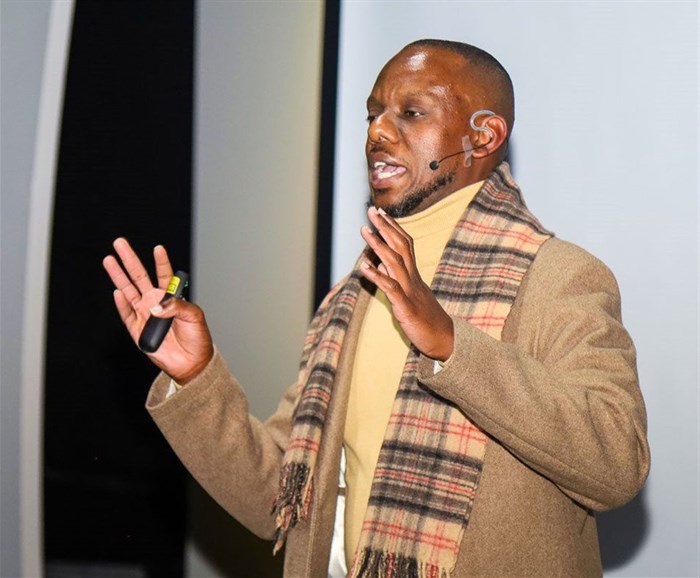
Top stories






More news





ESG & Sustainability
#Sona2026: President announces crisis committee to tackle SA's water challenges









But, to remain relevant and competitive, the South African music industry must embrace innovation to move away from outdated models and address the challenges faced by established and up-and-coming artists.
The digital revolution has transformed the way we consume music, offering opportunities and challenges in equal measure.
It empowers artists to unleash their creative flair without needing permission from recording companies, and it has allowed artists to connect with their audiences in a more personal way. The power of data on social and streaming platforms has changed how an artist can pitch themselves, when in the past all this information was held by the recording company.
While these innovations have brought about significant advantages, it has also created a few disadvantages that disrupt the industry.
Because music is more accessible now, it has become easier to duplicate and distribute without permission, which leads to piracy and copyright infringement. This results in financial losses for artists and record labels, especially in Africa.
Digitisation has also resulted in complicated revenue distribution models, with streaming services generally paying artists just a fraction of a cent per stream. This makes it challenging for musicians, especially those who are independent or in niche countries, to earn a sustainable income.
If you look at music holistically, it’s led by a global industry. South Africa and Africa is an expansion territory. This means our creatives need to work harder to ensure they are worthwhile with the resources of a global company working in the local market. They mostly have to focus on making a profit or recouping as opposed to casually expressing their culture like other global artists.
While innovation and change go hand-in-hand, the problem arises when creatives and platforms alike are not ready to accept the change.
People are never ready for what they don’t know, there will always be resistance when it comes to embracing a new innovative platform.
And one of the biggest disadvantages faced by almost every artist in the music industry, is that artists struggle to prioritise longevity while they are at their peak.
The music world is made up of three parts: the fame, the industry, and the business. Artists and labels need to put just as much emphasis on the business side as they do for the fame and industry parts. There’s an underplayed equity in music that young people can utilise to greatly invest in the economy.
Embracing innovation is essential to create new, more efficient models that address these challenges and provide greater opportunities for artists to succeed. Where traditional music models were often only focused on the success of the labels rather than the artist, newer innovative models put the creatives in the spotlight, not only in fame and followership but also in a business-standing.
As much as music is a creative platform, it needs to also be looked at as an asset. Unfortunately, many platforms still see music as a stream or a song and can’t show artists how this can be turned into a business venture.
With global banks buying music catalogues, this is an indication that discussions with artists, authors and composers need to change. This will future proof the longevity of the creator and their business.
The music industry needs to embrace innovation. By doing so, we can create a more thriving model that benefits artists, fans, and the industry as a whole.
